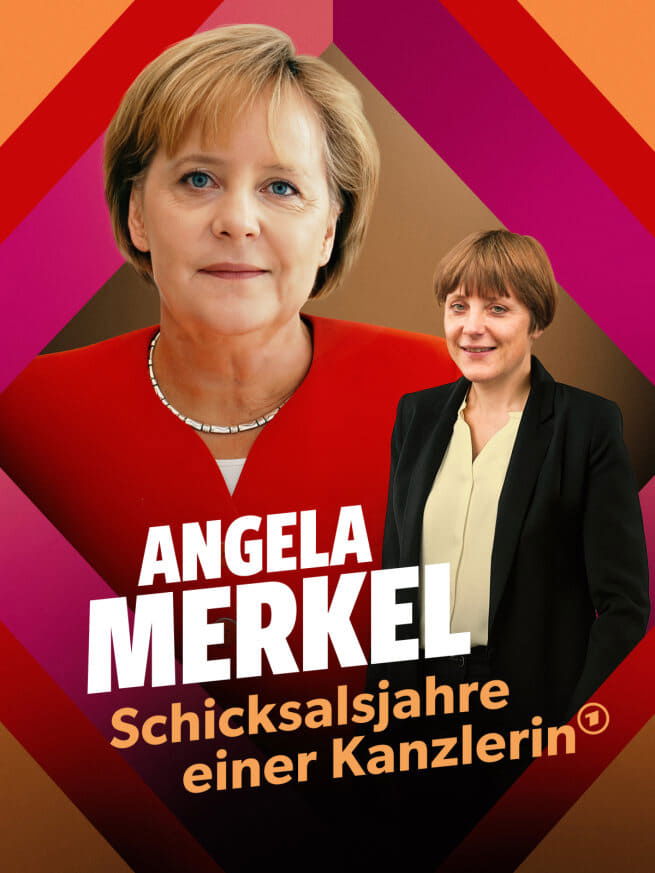
Angela Merkel, Germany's first female chancellor, ended the "Merkel era" in 2021 after 16 years and with it a remarkable rise from "Kohl's girl" to "the most powerful woman in the world". Today their legacy is overshadowed by the climate crisis, Russia and the refugee issue. Two and a half years after her departure, the documentary series sheds light on the key years of her career and chancellorship, including Samira El Ouassil, LeFloid, Marina Weisband and Annegret Kramp-Karrenbauer. The series focuses on the view of the “Merkel Generation” on the chancellorship of the first woman at the head of Germany.
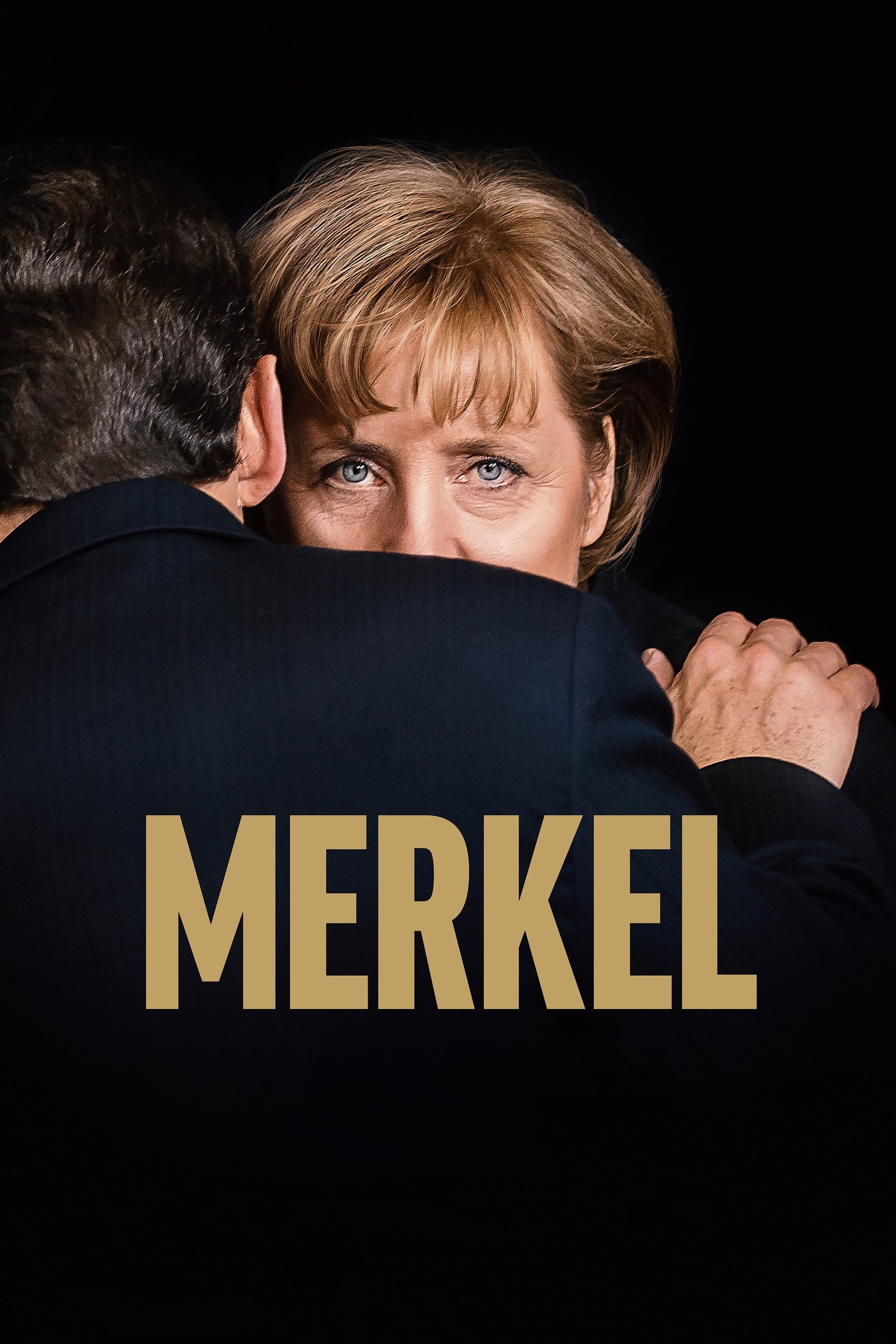
Driven by extensive archive material and interviews with those who know her, this is the astonishing story of how a triple outsider – a woman, a scientist, and an East German – became the de facto leader of the “Free World”, told for the first time for an international audience.
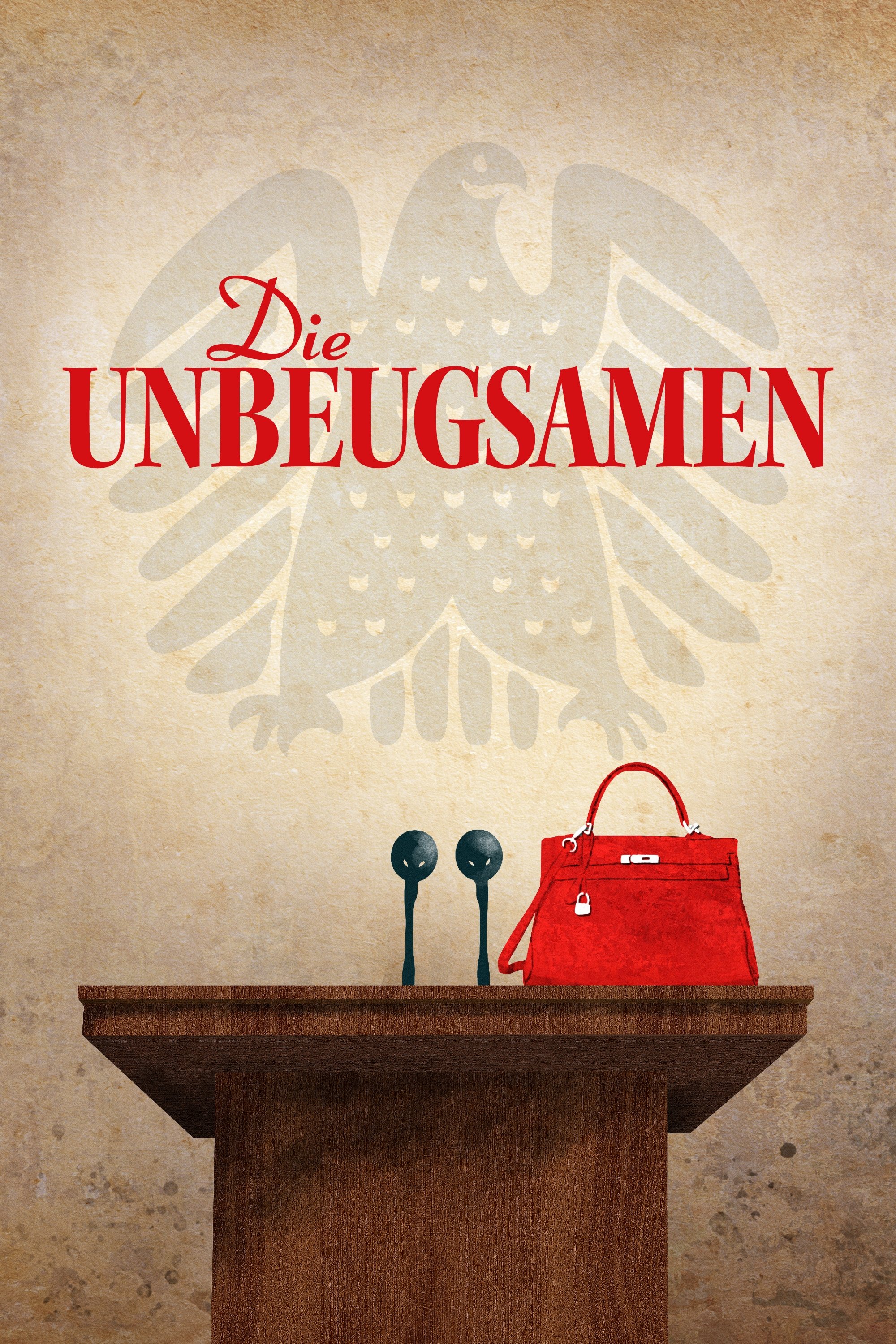
"Die Unbeugsamen" ("The Indomitable") is the story of women's struggle against sexual discrimination and for inclusion in the democratic process in (West) Germany after WW II.
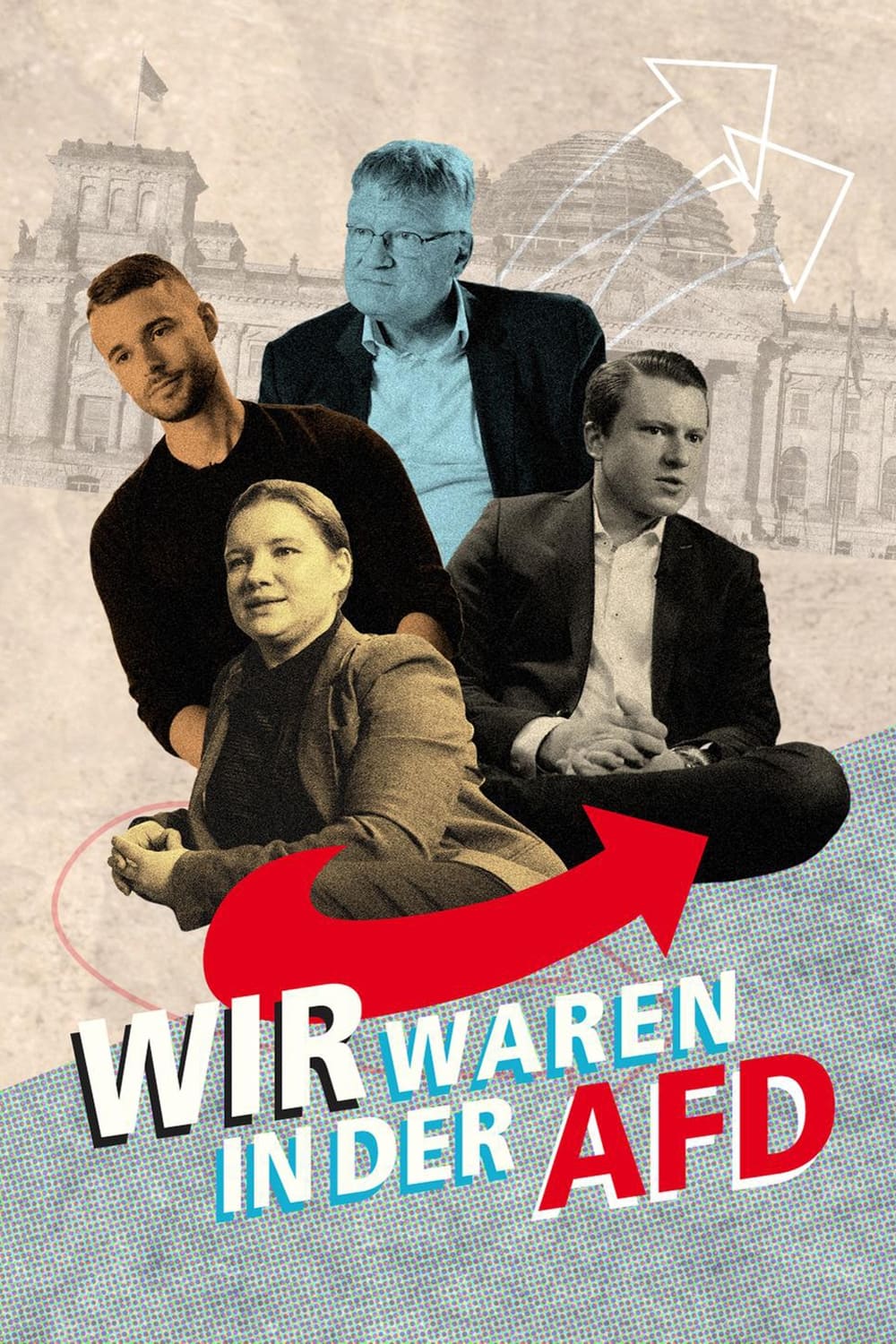
The AfD, founded in 2013, is a right-wing party that has become increasingly radicalized in recent years. To illustrate this, only those who enthusiastically joined the party in its early years are heard. They describe what they looked for and found in the party, but also how and why they left, disillusioned and frightened by the AfD's developments. How did they experience the party's radicalization process? How did friends and family react? When and why did they decide to turn their back on the party? How difficult was the exit process? The documentary provides an illuminating inside view of this party, which has been driving the established parties and the political establishment ahead of it for over ten years, gives viewers a unique look into the AfD's chronicle and world of thought and is at the same time a film about the mechanisms of political radicalization.

On January 10th, the investigative editorial team of CORRECTIV published research into a secret meeting of right-wing extremists, which no one was supposed to know about and which led to demonstrations and protests all over Germany. AfD politicians, CDU politicians, members of the WerteUnion, neo-Nazis and financially strong entrepreneurs came together in November 2023 in a hotel near Potsdam near the Villa on Wannsee, where the “final solution to the Jewish question” was once decided. They met to debate to expel millions of people from Germany, including non-German citizens with a migration background, as well as German citizens with a migration background and German citizens without a migration background who do not want to adapt to the ideological worldviews of those present. On January 17, 2024, the research premiered in the Berliner Ensemble as a staged reading with a political satirical character.
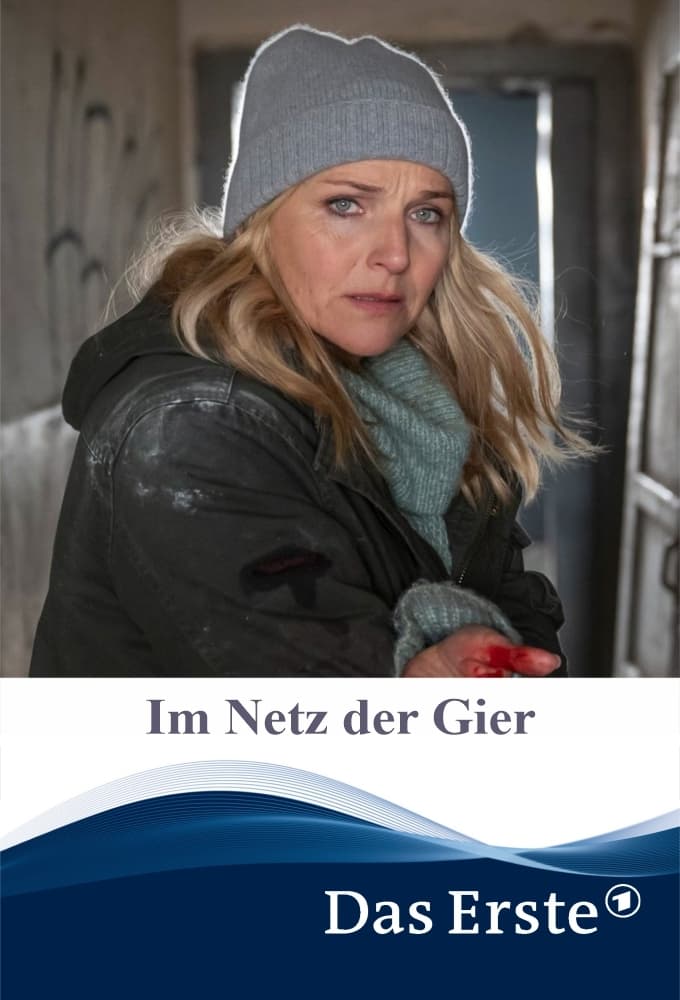
Anna Grawe is the right-hand woman of Bea Kober, a member of the Bundestag. When she learns that the public prosecutor's office is investigating her boss, she becomes suspicious. The connection to oligarch Parygin makes everything even more complicated. What Anna doesn't realize is that her daughter Larissa had an affair with Parygin.
He has always been there. No one has been in German politics as long as Wolfgang Schäuble. He looked back on 50 years as a member of the German Bundestag. Schäuble was a man who helped shape the fate of the Republic for decades. He shaped politics - as the manager of German unity, for example. In 1990, he was the victim of an assassination attempt and fought his way back to life. He died in December 2023.

West Germany, 1987. The politician Uwe Barschel (1944-87), member of the Christian Democratic Union party and Minister-President of the Schleswig-Holstein region, is found dead in very sinister circumstances. Reporter David Burger pledges to find the truth behind one of the most important political scandals in German history, investigating countless speculations and conspiracy theories as he fights his own personal demons.
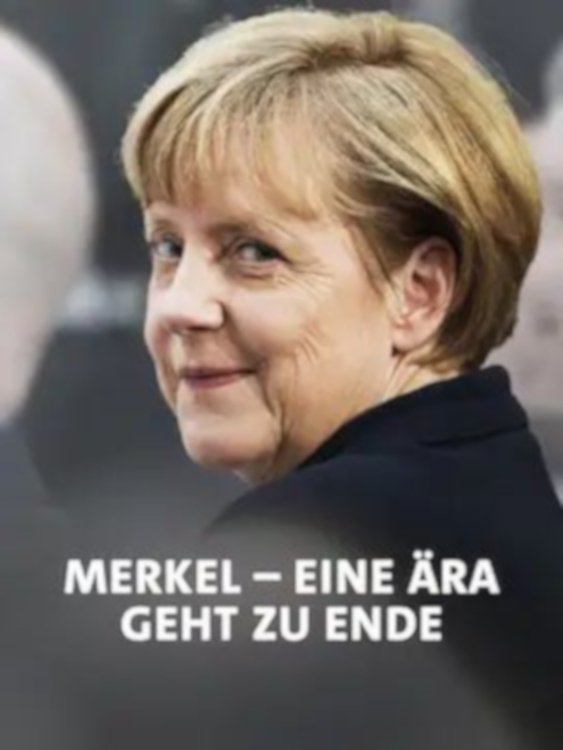
The film shines a light onto federal chancellor Angela Merkel and her now ending 16-year-long tenure. An era, not an episode. And a vagarious relationship history between the chancellor and the Germans. Who has changed whom here?

In 2014, Germany television network ZDF commissioned a comprehensive TV documentary on the history of the Red Army Faction (RAF). In six 45-minute parts, the series describes the origins, rise, and fall of the terrorist organization "Red Army Faction." Interviewees include Winfried Ridder, former head of department at the Federal Office for the Protection of the Constitution; Rainer Hofmeyer, former head of department at the Federal Criminal Police Office; and political scientist Dr. Wolfgang Kraushaar.
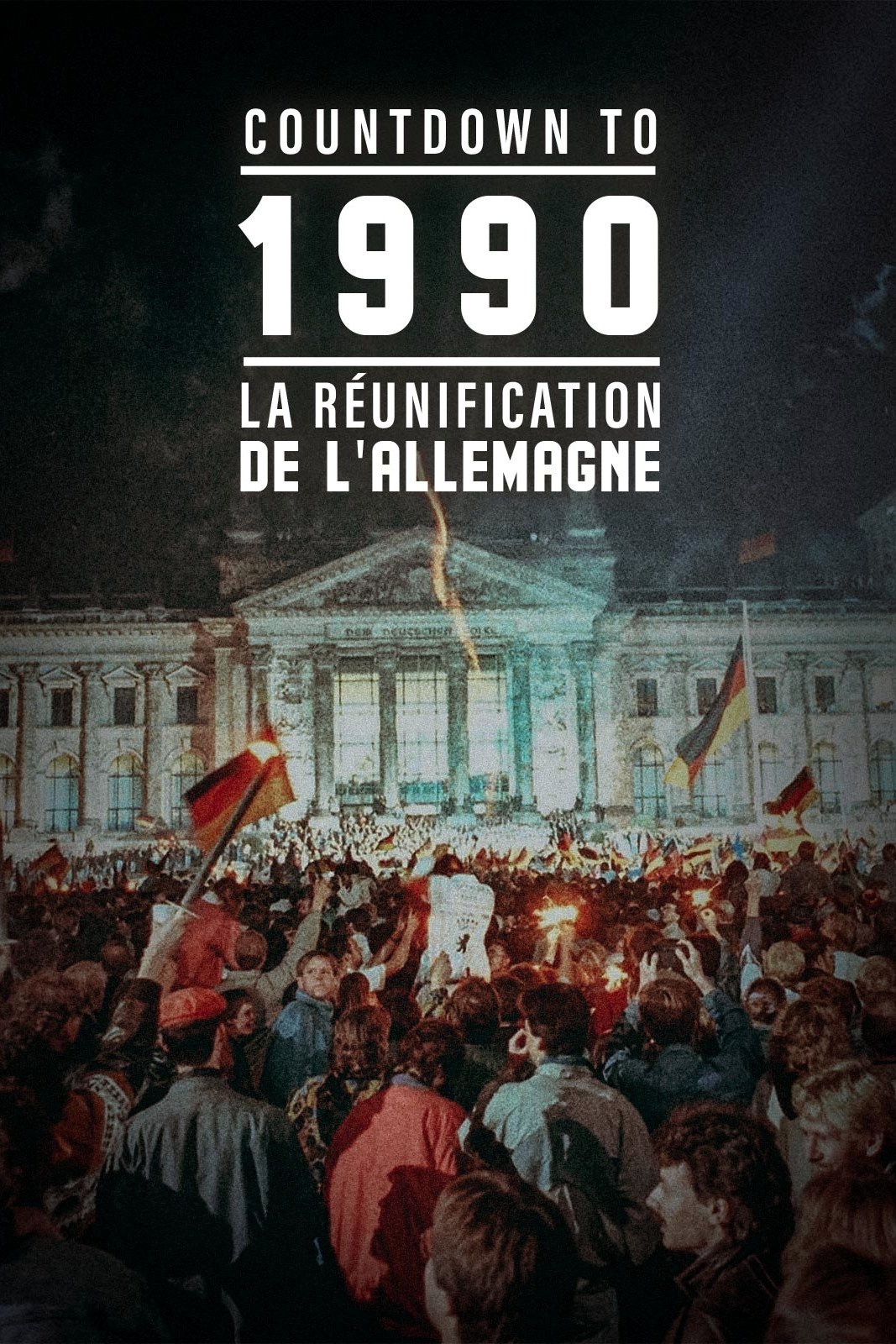
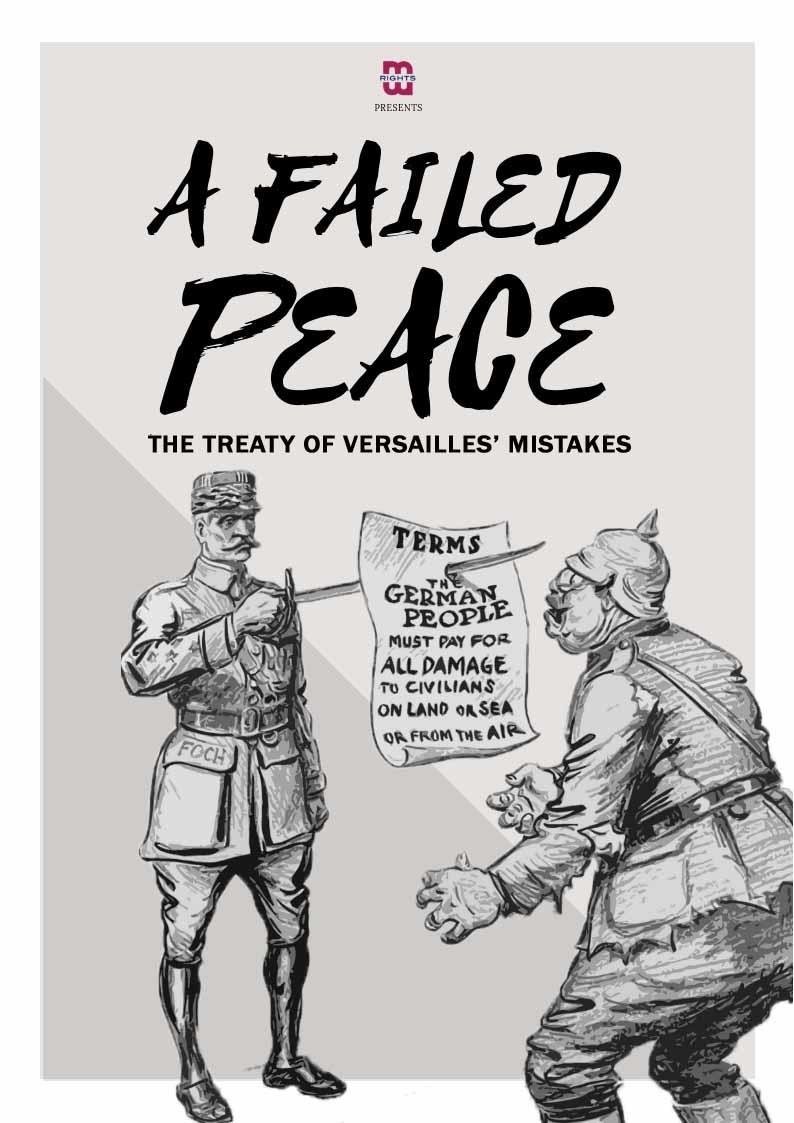
At the end of WWI, the treaty of Versailles established the conditions for peace in Europe. The aim for the victorious powers was to make Germany pay reparations, and to guarantee a future without war. Yet a decade later, the denunciation of 'Versailles' became a powerful lever for the nazis to obtain power as these reparations would mark the beginning of the humiliation of the German people, and nurture a feeling of having been bestowed a hopeless future. In the 20 years that follow the end of WWI, the issue of reparations and responsibility will effectively poison international relationship. The treaty negative impact goes well beyond WWII as the new European borders it implemented led to many conflicts during the twentieth century. This documentary shines a light on the causality between the decisions taken with the treaty of Versailles, and the ensuing events of the century.
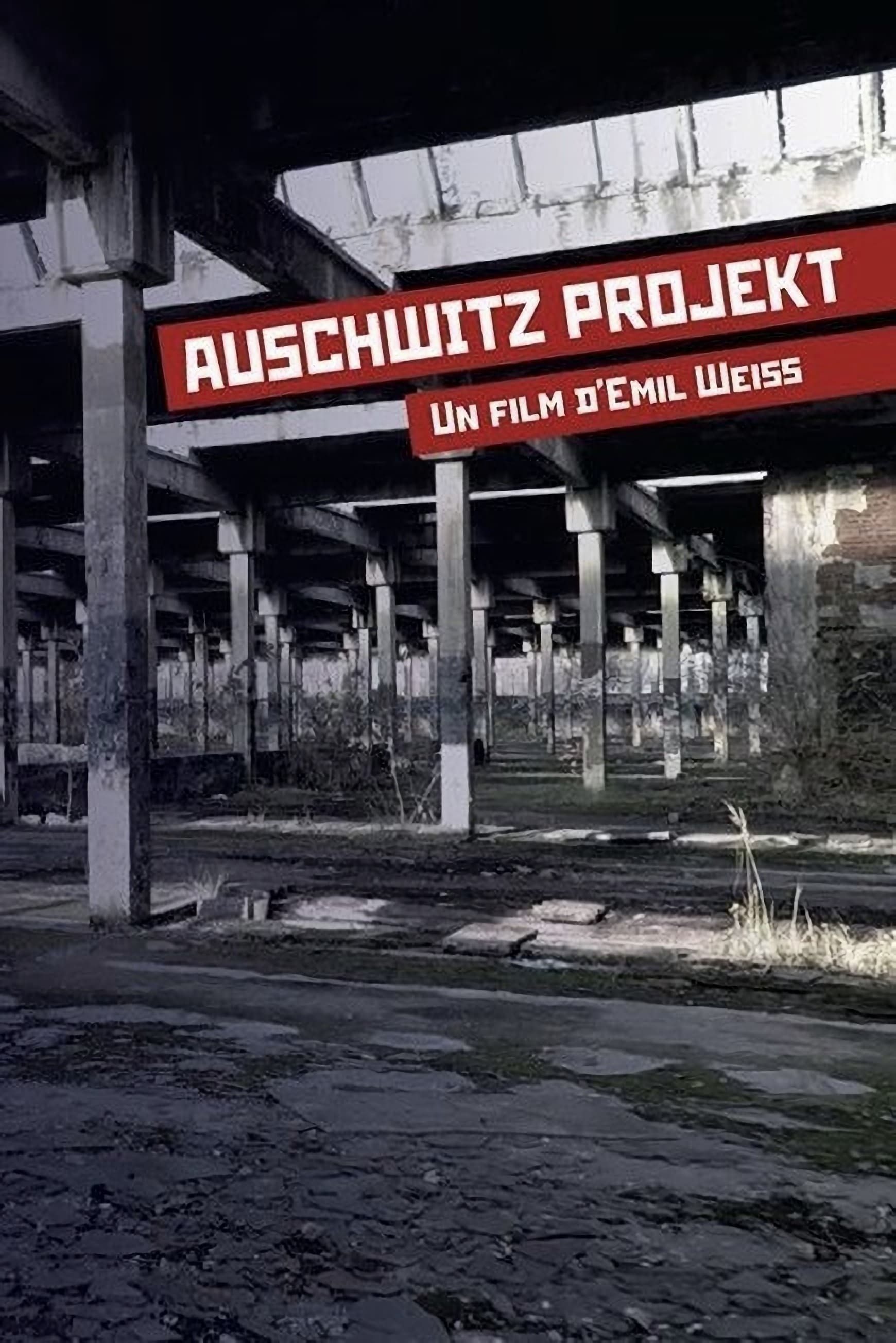

TV presenter Markus Lanz invites prominent guests and experts from all areas of public life to his colourful talk show. As a rule, there are four guests, introduced individually to contribute their personal experiences to the topics.
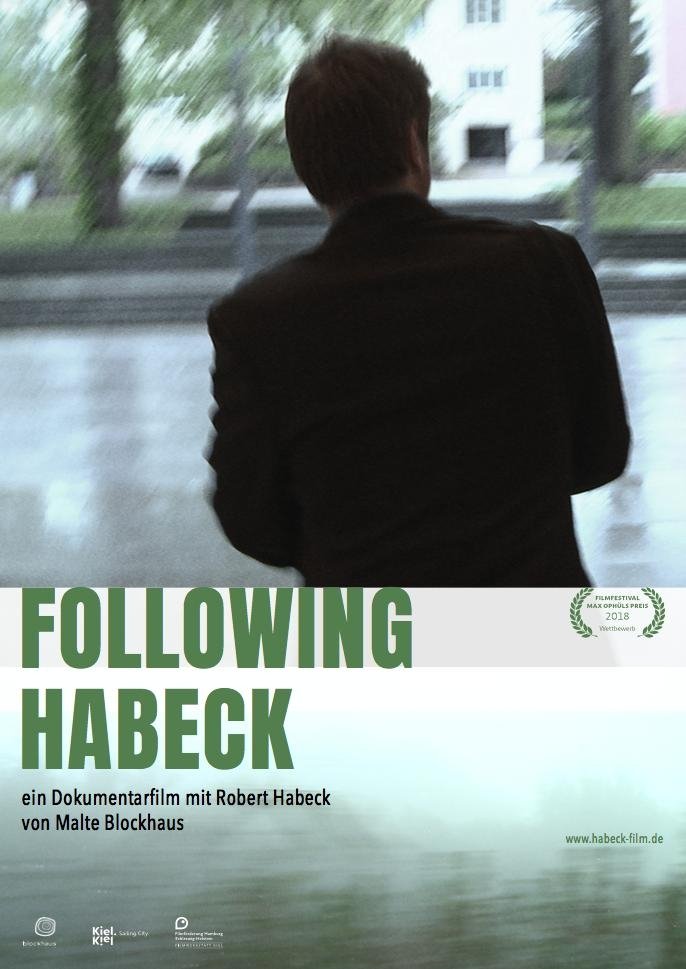
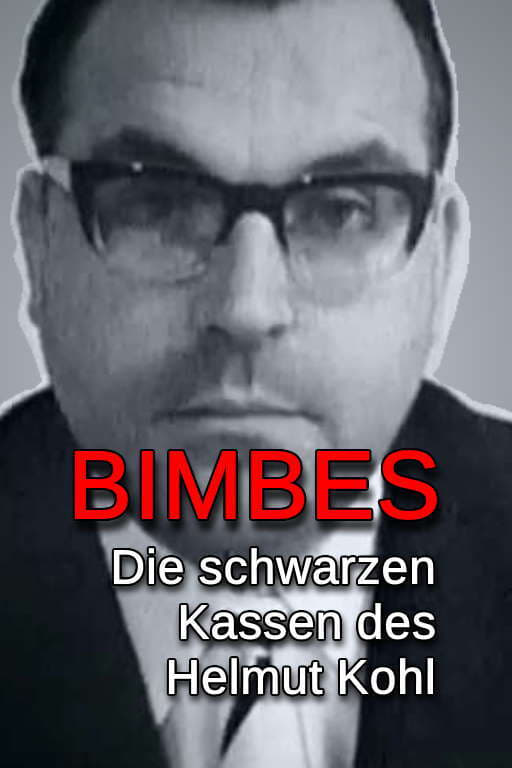
During the donations scandal of 1999/2000, Helmut Kohl gave his legendary "word of honor" not to name any donors. This documentary explores the question of what this word of honor was really all about
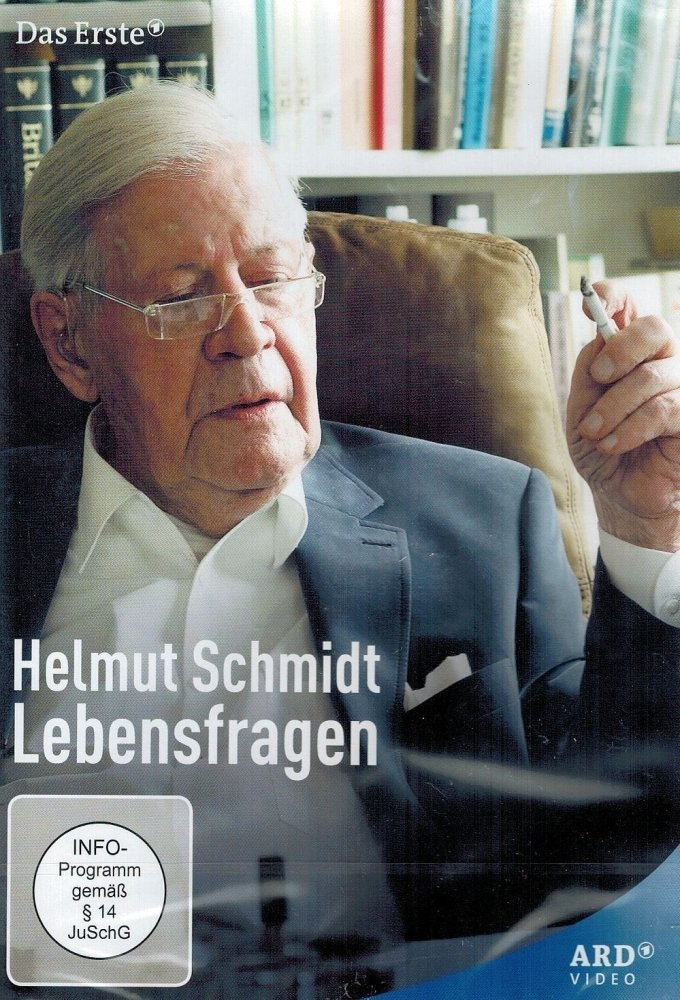
On December 23, 2013, former Federal Chancellor Helmut Schmidt will be 95 years old. As the second Social Democratic head of government in the Federal Republic of Germany, he shaped the country like few other chancellors. Even 30 years after the end of his time in government, he is still a highly esteemed expert whose advice and opinions are in demand. He is one of the most popular chancellors among the population and is held in the highest esteem by his party; even his political opponents at the time pay him the greatest respect.
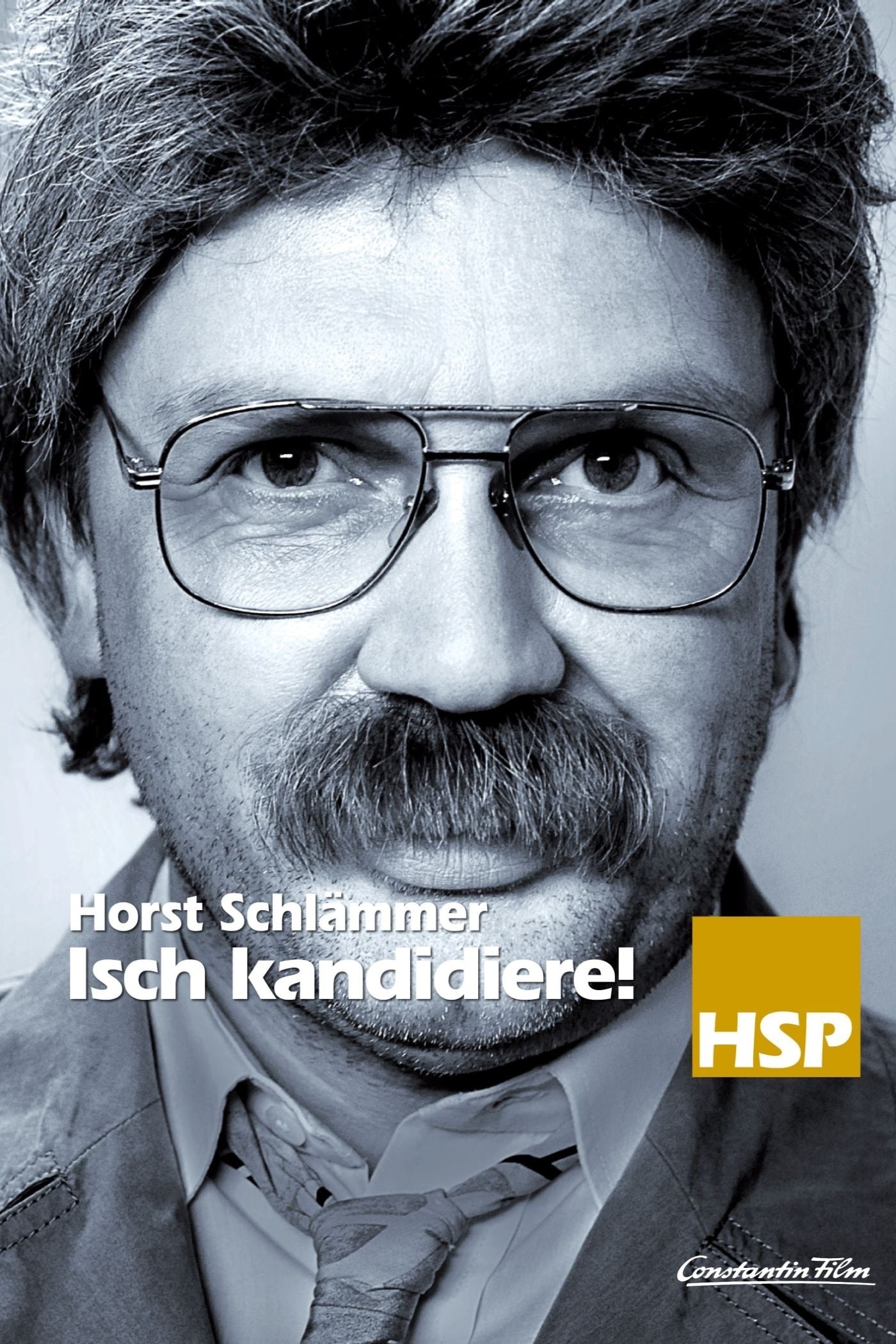
So far he has earned his living as deputy editor-in-chief at the Grevenbroicher Tagblatt, but actually Horst Schlämmer had always guessed: he was destined for something bigger - too much bigger. Without further ado, he therefore quits his old job, founds his very own party and thus starts his rush to the chancellor's office. While the election machinery is quickly started and soon picks up speed, only two questions remain unanswered: Is Horst Schlämmer ready for Germany? And is Germany ready for him?
Political satire about the billion-euro loan to the GDR in 1983, which was arranged by Franz-Josef Strauß and Alexander Schalck-Golodkowski to save a bankrupt bank.
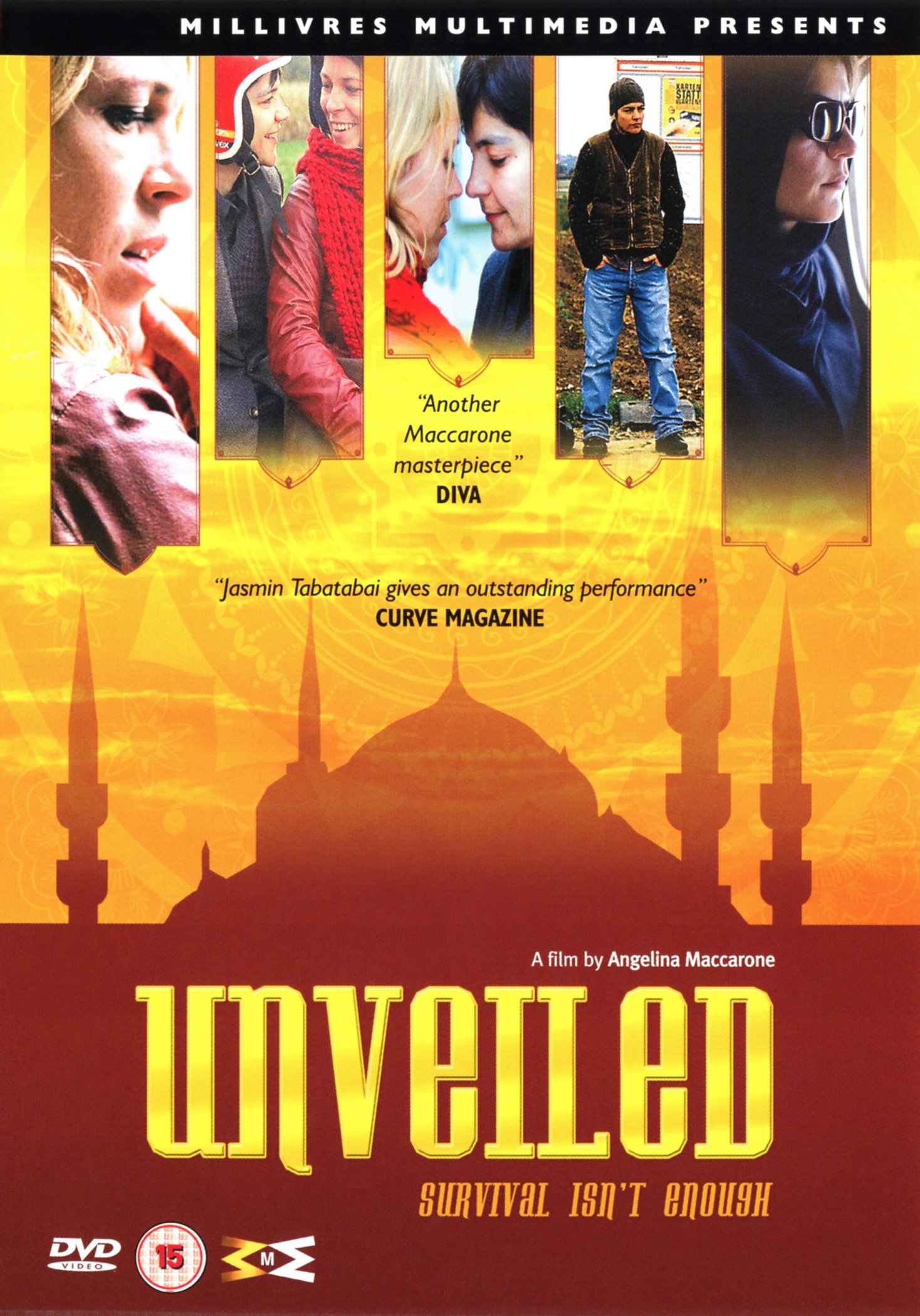
Survival is not enough. Fariba Tabrizi has made it. Under peril of death she has fled from Iran. In Germany she has no alternative way of avoiding the threat of deportation other than to assume the identity of a deceased co-detainee. So what happens after a few month in which she has tried to come to terms with a situation which is actually an insufferable one for her? How does Fariba live not only in this external state of exile but also in an inner state of exile? The term "in orbit" is officially used by the UN to refer to asylum-seekers who find themselves orbiting around planet Earth because they can actually find legal domicile nowhere at all.
By browsing this website, you accept our cookies policy.